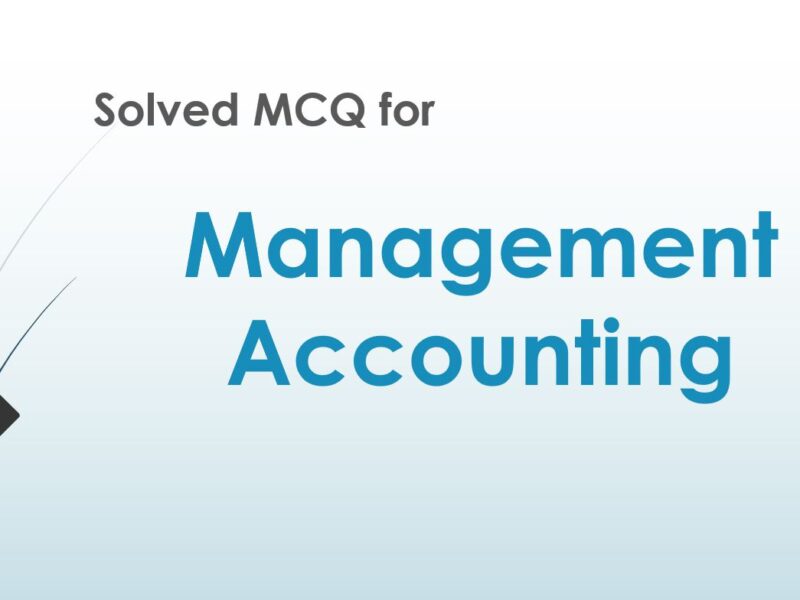CBSE Class 10 Social Science Chapter 3 Money and Credit Multiple Choice Questions with Answers. MCQ Class 10 Economics Money and Credit with Answers was Prepared Based on Latest Exam Pattern. Students can solve NCERT Class 10 Economics Money and Credit MCQs with Answers to know their preparation level.
Students who are searching for NCERT MCQ Questions for Class 10 Economics Money and Credit with Answers are compiled here to get good practice on all fundamentals. Know your preparation level on MCQ Questions for Class 10 Social Science with Answers. You can also verify your answers from our provided MCQ Class 10 Economics Money and Credit with Answers. So, ace up your preparation with MCQ of Chapter 3 Economics Objective Questions.
MCQ Class 10 Economics Money and Credit with Answers - Set - 3
Question 1:
The part of the total deposits which a bank keeps with itself in cash is
(a) zero
(b) a small proportion
(c) a big proportion
(d) 100 percent
Correct Answer – (B)
Question 2 :
At present which form of money is increasingly used apart from paper money?
(a) Commodity money
(b) Metallic money
(c) Plastic money
(d) All the above
Correct Answer – (C)
Question 3 :
Which state accounts for maximum percentage of SHGs (self-help groups) in bank credit?
(a) Andhra Pradesh
(b) Tamil Nadu
(c) Kerala
(d) Karnataka
Correct Answer – (A)
Question 4 :
Formal sources of credit include
(a) banks
(b) moneylenders
(c) employers
(d) all the above
Correct Answer – (A)
Question 5 :
Who helps the borrowers to overcome the problem of lack of collateral?
(a) Self-help group (SHG)
(b) State government
(c) Employers
(d) Moneylenders
Correct Answer – (A)
MCQ Class 10 Economics Money and Credit with Answers
Question 6 :
Currency is issued in India by :
(a) commercial banks
(b) regional rural banks
(c) nationalised banks
(d) Reserve Bank of India
Correct Answer – (D)
Question 7 :
Who supervises the credit activities of lenders in the informal sector?
(a) Central Bank of India
(b) Commercial banks
(c) Moneylenders
(d) None
Correct Answer – (D)
Question 8 :
Rate of interest charged by moneylenders as compared to that charged by banks is:
(a) lower
(b) same
(c) slightly higher
(d) much higher
Correct Answer – (D)
Question 9 :
Which of the following is not a modern form of money?
(a) Paper notes
(b) Demand deposits
(c) Silver coins
(d) None of the above
Correct Answer – (C)
Question 10 :
Identify the formal source of credit:
(a) Cooperative societies
(b) Moneylenders
(c) Traders
(d) Landlords
Correct Answer – (A)
- NCERT Solutions Class 10 Civics Chapter 1 : Power Sharing
- NCERT Solutions Class 10 Civics Chapter 2 : Federalism
- NCERT Solutions Class 10 Civics Chapter 3 : Democracy and Diversity
- NCERT Solutions Class 10 Civics Chapter 4 : Gender Religion and Caste
- NCERT Solutions Class 10 Civics Chapter 5 : Popular Struggles and Movements
- NCERT Solutions Class 10 Social Science Democratic Politics II Textbook



